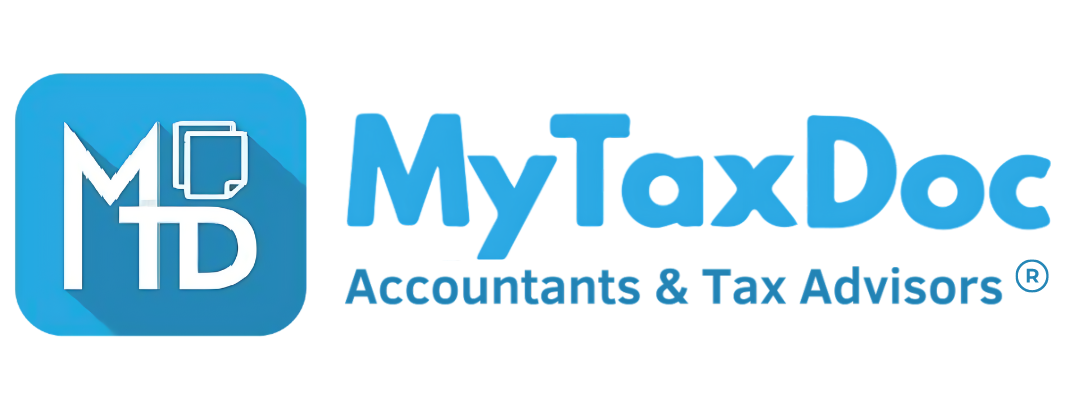Automatic exchange of information
Overview
HMRC is actively combating tax non-compliance, including tax evasion, through various means. One such method is through Automatic Exchange of Information (AEoI) agreements. These agreements enable HMRC to automatically share data with financial institutions and overseas tax authorities. Financial institutions encompass banks, building societies, stockbrokers, and insurance companies. This applies to both UK residents with non-UK accounts and non-UK residents with UK accounts.
The shared data may include:
– Your personal details such as name, address, and date of birth
– Your tax reference number (if applicable)
– Details of accounts held with financial institutions in or outside the UK
– Bank balances at the end of the calendar year
– Amounts of interest, dividends, or other income received from accounts
UK-based account providers furnish this information to HMRC, which then shares it with the relevant overseas tax authority if the account belongs to one of their tax residents. Conversely, if you’re a UK tax resident with an account outside the UK, HMRC receives the information from the relevant tax authority for tax administration purposes.
Why does this occur?
Many UK residents receive offshore income and possess assets but fail to disclose them to HMRC. While errors can occur, some individuals deliberately evade declaring this income to avoid paying taxes. This also applies to non-UK residents with income derived from the UK.
These global initiatives involve exchanging information with over 100 jurisdictions to ensure proper tax compliance. This effort has enabled HMRC to recover over £560 million in offshore tax in 2018/19 and more than £2.9 billion since 2010. To provide context, this amount could fund the construction of six new hospitals, as per government data!
Accurate income declaration on tax returns is crucial. If uncertain about what to declare, it’s advisable to consult our accounts team, who are available to address any queries. HMRC contacts individuals if they suspect undeclared income and may levy penalties for unpaid taxes. It’s in your best interest to proactively disclose any discrepancies before HMRC initiates contact.
DISCLAIMER
© MyTaxDoc Ltd 2023 All Rights Reserved – The above articles are provided for guidance only and may not cover your personal circumstances so you should not rely on them. It is important that you seek appropriate professional advice which takes into account your personal circumstances where you can provide the full facts of the case and all documents related to your case. MyTaxDoc Ltd t/a www.mytaxdoc.co.uk or Z Ali cannot be held responsible for the consequences of any action or the consequences of deciding not to act.
